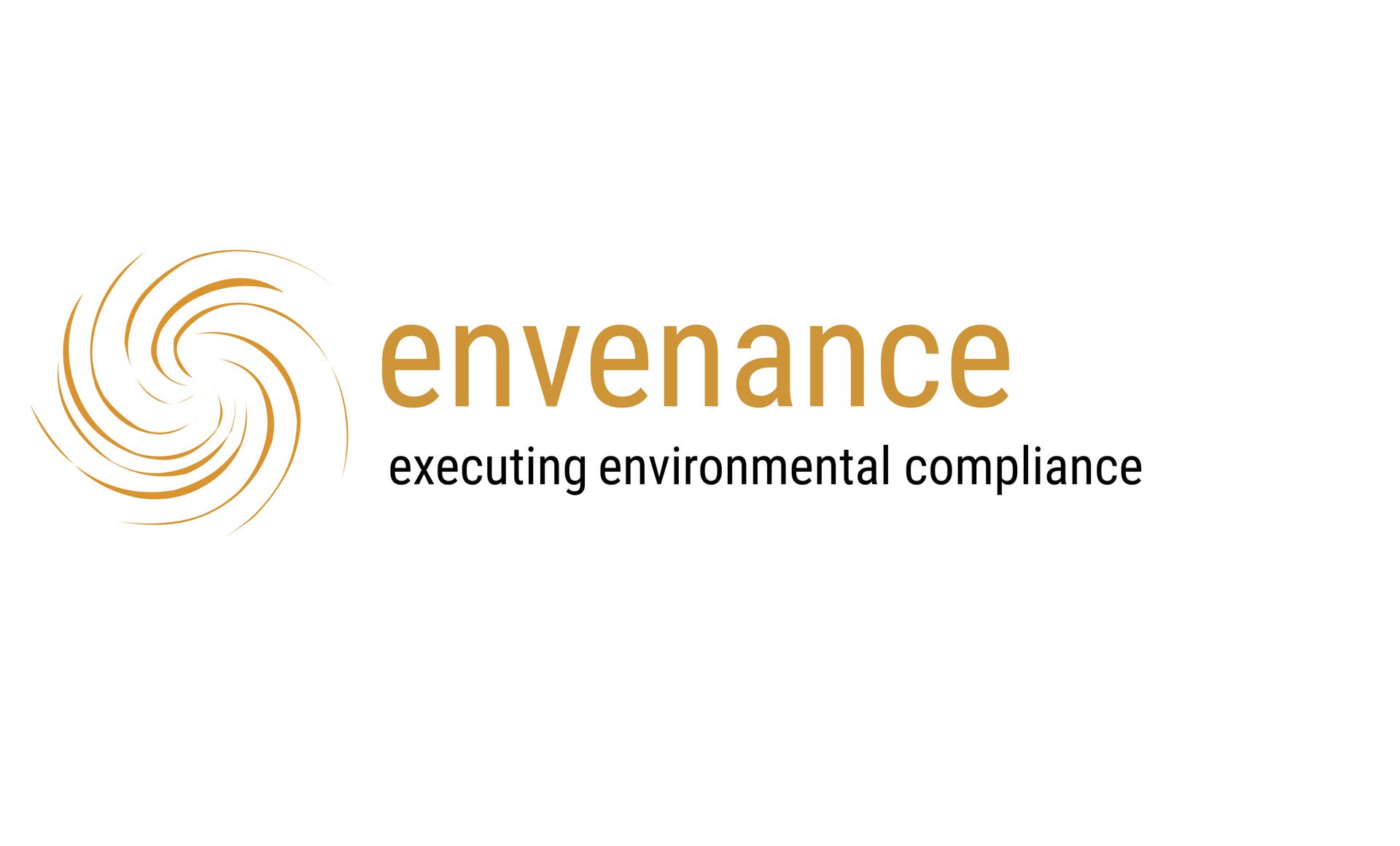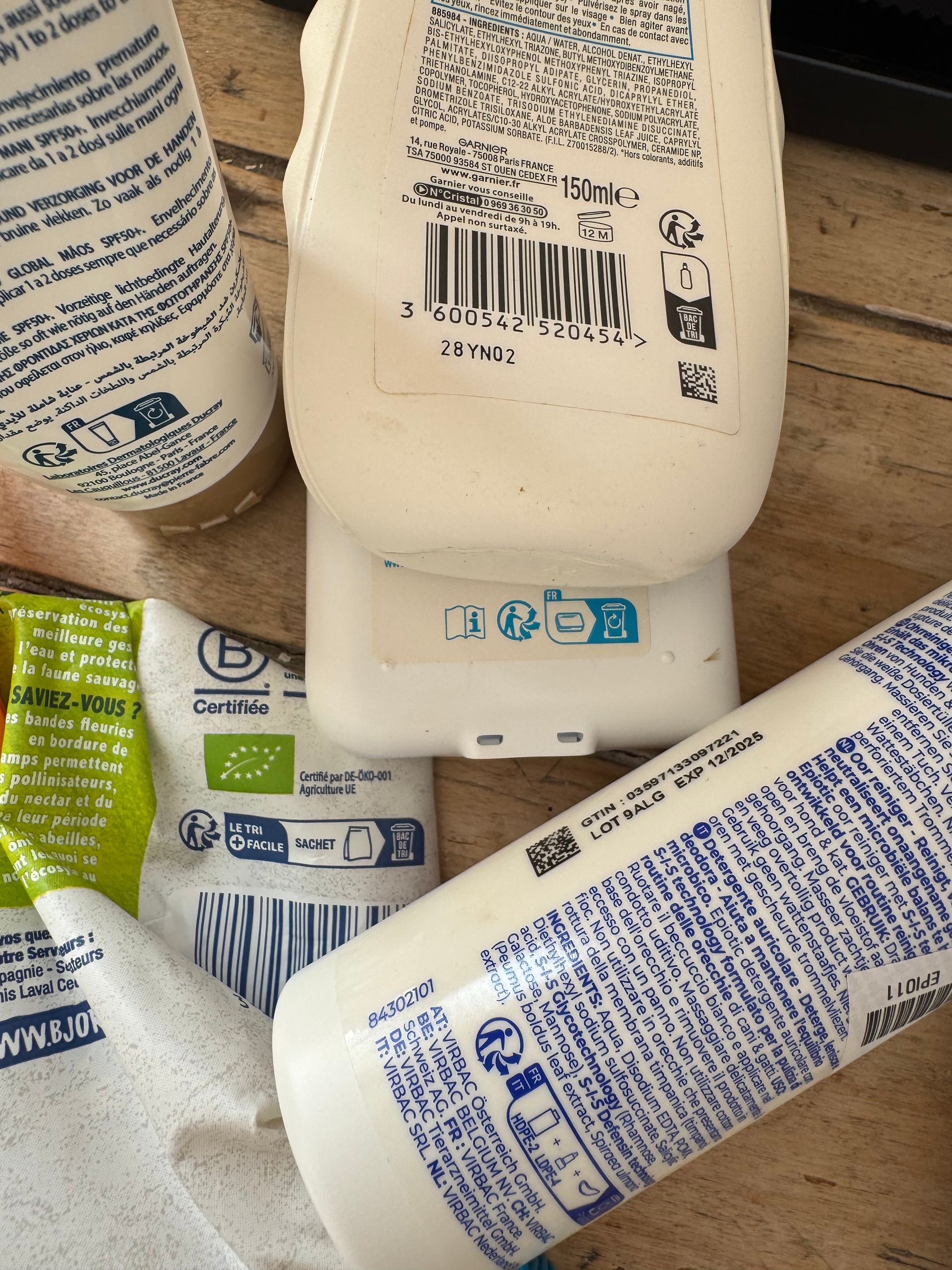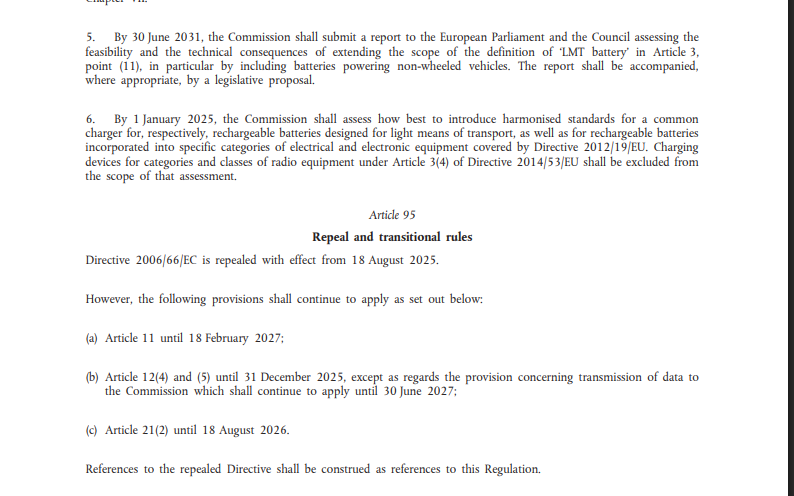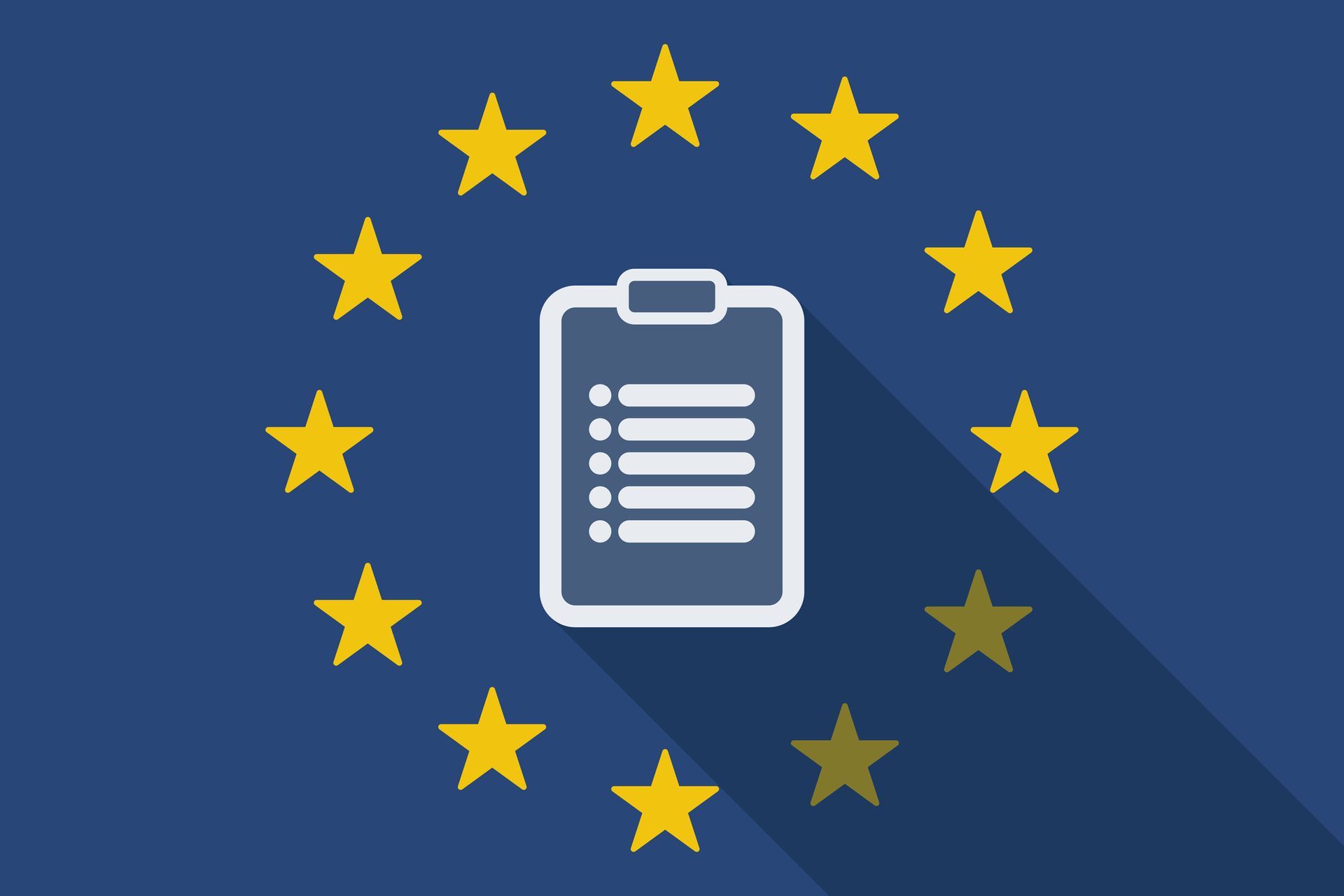Portugal: Further Guidelines on Packaging Labelling Published
envenance on compliance.
The Portuguese Decree No. 152-D/2017 (https://diariodarepublica.pt/dr/en/detail/decree-law/152-d-2017-114337042) requires packaging manufacturers not only to participate in a take-back system (Sistema Integrado de Gestão de Embalagens e Resíduos de Embalagens – SIGRE) but also to take concrete measures to promote waste separation, as outlined in Article 28, paragraph 5. These measures specifically include sorting instructions for packaging waste.
According to the regulation, affected companies must take one of the following actions:
a) Labelling non-reusable primary and secondary packaging with information on the appropriate disposal location, particularly the municipal collection points (Ecopontos) where the packaging waste should be disposed of;
b) Providing information on the proper disposal of packaging waste by any suitable means, particularly in the product's usage instructions or at the points of sale.
The Portuguese environmental authority Agência Portuguesa do Ambiente (APA) recently published additional information regarding these requirements https://apambiente.pt/destaque2/lista-de-boas-praticas-sobre-correta-deposicao-nos-ecopontos. Interestingly, unlike the French legislation, the Portuguese regulator does not prescribe a specific layout for the sorting instructions. Instead, it refers to the possibility of using symbols proposed by the respective take-back systems, such as the designs provided by Pontoverde https://www.pontoverde.pt/en/simbolos_e_icones.php.
Flexibility in Designing the Instructions
Another difference from the French model is the optional requirement to indicate the colour of the waste bin. Companies can choose whether to use phrases like “Place in the yellow bin” or to use a symbol instead.
From the author’s perspective, this flexible approach helps to avoid potential conflicts like those that arose around the mandatory Triman logo in France. At the same time, it lays the groundwork for the upcoming EU Packaging and Packaging Waste Regulation (PPWR).
Practical Consumer Information Guidelines
Interestingly, the Portuguese guidelines also allow for instructions on not separating certain materials. This could be relevant, for example, for bottle caps, which should remain on the bottle during recycling. Additionally, it is recommended to inform consumers about flattening packaging to save space during disposal.
Remarkably, there is also a recommendation to include the relevant information in Braille, ensuring that visually impaired consumers have access to the sorting instructions.
Language Requirements for Sorting Instructions
A clear and binding requirement concerns the language of the sorting instructions. These must be provided in Portuguese, as the regulation targets Portuguese consumers and applies to packaging placed on the national market.
Effective Date of the Rules
The new requirements have been in effect since January 1, 2025. Companies selling their products on the Portuguese market should ensure compliance with these rules. The approach is both flexible and pragmatic and leaves space to cover the period until the introduction of further requirements from the PPWR (see our recent article https://www.envenance-global.com/scandinavian-packaging-labelling-methodology-a-role-model-for-the-new-eu-packaging-regulation-ppwr)
Envenance keeps you informed and supports your company in implementing the new requirements.
Contact us:
- 📍 envenance GmbH (Germany):
- 📞 +49 89 2152 8581
- 📍 envenance SAS (France):
- 📞 +33 7 89 03 55 77
- 📧 E-Mail: support@envenance.com













